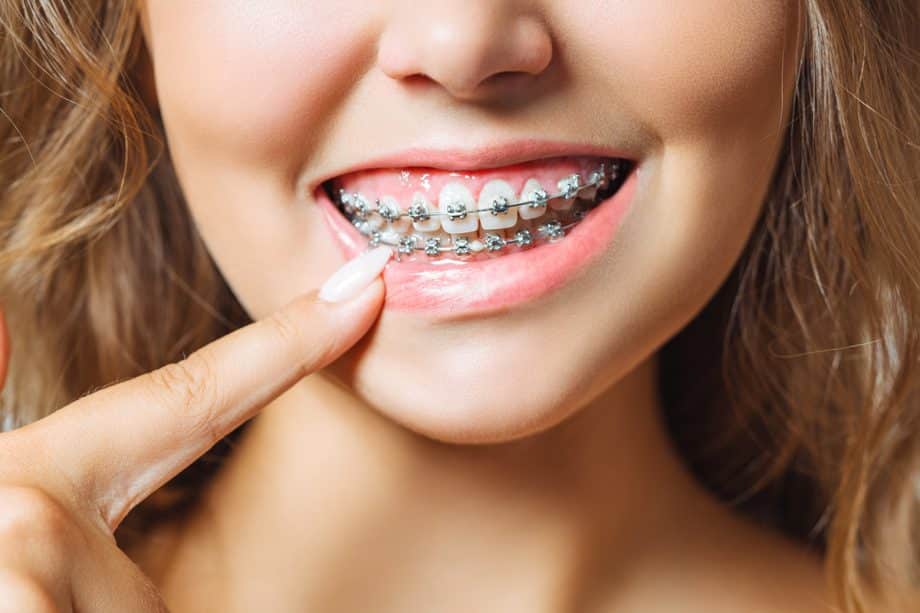A crossbite is a type of tooth misalignment that happens when the edges of the lower teeth meet outside the edges of the upper teeth. Crossbites may happen when the lower and upper jaws are mal-aligned or when the upper arch is narrow and constricted.
Crossbites affect about 4 to 5 percent of the population. Compared to other orthodontic conditions, they are relatively common.
Crossbites can cause abnormal tooth wear, chipping, gum recession, tooth decay, and trouble chewing or biting. Crossbites can also signal narrow upper jaws and palate as a result of or because of breathing and bite problems. Sleep apnea and TMJ disorders could also result from untreated crossbites.
At what age crossbites should be treated?
Crossbites should be treated as early as possible as a preventive measure. Untreated crossbites have a negative effect on the facial growth and soft tissues and it might result in facial asymmetry.
If you or your child has a crossbite, orthodontic treatment will correct it and will prevent the negative consequences on teeth bone and facial growth. Ideally, bring your child to Dr. Seifelnasr as soon as possible if you notice a crossbite, even in the primary teeth.
What Causes Crossbites?
Genetics may lead to a crossbite. A crossbite becomes more likely when baby teeth fall out too slowly, or permanent teeth erupt incorrectly. Thumb-sucking or abnormal swallowing can also put pressure on the teeth in a manner that could cause a crossbite. Mouth breathing habit might result in narrow upper arch and possible crossbite
How Doctors Correct Crossbites
Crossbite treatment depends on the severity of the problem. Crossbite cases may respond well to treatment with Invisalign.
Braces
Most patients with crossbites receive traditional braces. Braces are the most economical orthodontic treatment and provide highly effective results. Correcting a crossbite with braces typically takes about 18 months to three years.
Elastics
Doctors may use elastics with braces to direct teeth to move into their proper positions.
Palatal Expanders
Doctors may combine braces with a palatal expander that encourages the upper jaw to widen, giving more room for proper tooth alignment.
Surgery
In severe cases, orthognathic surgery and braces may be necessary. Adults with untreated crossbite problems in childhood are most likely to need surgery since the condition causes jaw malformation and other serious consequences.
Jaw surgery can improve the look and symmetry of a patient's face and treat dental crossbites. Patients who have felt self-conscious about their appearance will appreciate the results.
The Importance of Early Treatment
The earlier the crossbite is treated, the better. Early intervention can encourage the jaw to grow correctly, giving enough room for the permanent teeth to sit properly. Early treatment helps children avoid lifelong consequences that could occur due to a crossbite.
Treatment Success Rates
Crossbite treatment succeeds in most cases, but patients must be careful to wear their retainers as directed after completing treatment. Without a retainer, the teeth could return to their original positions.
Call Castle Hills 3D Orthodontics
Crossbites are more than an aesthetic problem. They can cause serious oral and physical health problems when untreated. If you believe that you or your child has a crossbite, we can evaluate you for orthodontic treatment and help you overcome the problem. Call our Lewisville, TX, office at 469-598-1700 to schedule an appointment today.

